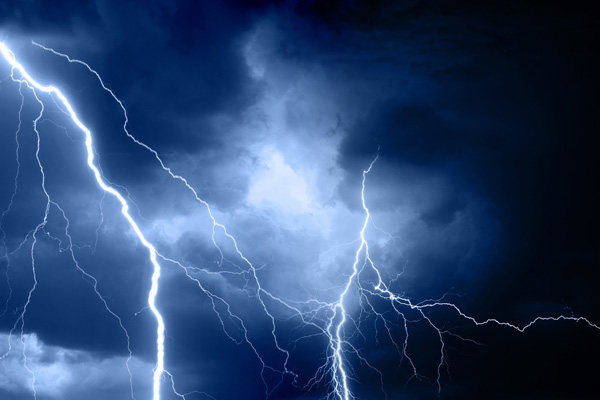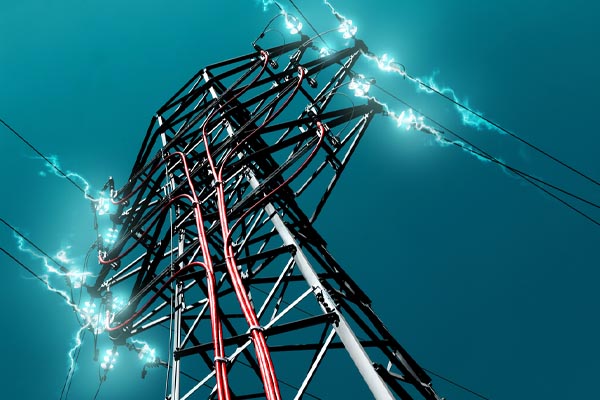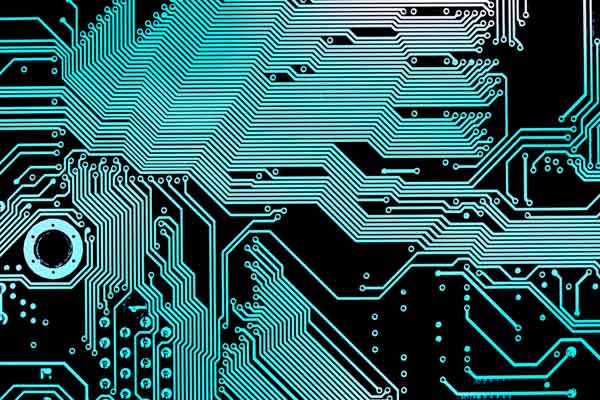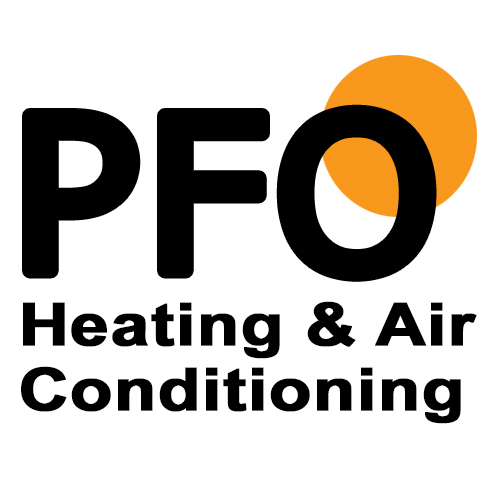
HVAC systems are vital for modern buildings but are vulnerable to power surges caused by events like lightning strikes or electrical grid issues. These surges send intense bursts of electricity, damaging components like compressors, fan motors, and control boards. HVAC surge protection and safety practices are crucial for mitigating these risks.
Does Your HVAC System Have Adequate Protection Against Power Surges?
Contents
- 1 Does Your HVAC System Have Adequate Protection Against Power Surges?
- 2 Contact PFO Heating & Air Conditioning for Expert HVAC Services
Pondering this question often indicates a lack of HVAC surge protection against power surges. Fortify your system’s defenses against these unexpected electrical spikes. Consulting with a seasoned HVAC technician can provide expert guidance and recommend enhancements to make your system resilient against power surges and outages.
Understanding Power Surges

A power surge represents an abrupt spike in electrical voltage, surpassing the standard levels within a power system. These surges often arise from unexpected disruptions in the electrical flow. Common triggers include lightning strikes, power outages, or the switching on and off of large electrical appliances like air conditioners, refrigerators, and elevators.
Although a power surge might last only a fraction of a second, its consequences can be substantial and damaging. The surge’s excess electrical energy can overwhelm and harm the delicate electronic components within electrical devices and appliances. This sudden overload can lead to malfunctions or, in severe cases, complete failure of these devices.
Differentiating Between Power Surge, Power Outage, and Brownout
While power surges, power outages, and brownouts are all associated with electrical power supply disruptions, they represent distinct issues. Understanding each is key:
- Power Surge: This is a rapid, short-lived spike in electrical voltage, usually enduring just a fraction of a second. Triggered by events like lightning strikes, power outages, or the activation of high-power electrical devices, power surges can inflict damage on electronic devices and appliances. Employing surge protectors is a common recommendation to shield against such surges.
- Power Outage: A power outage happens when there’s an interruption in the electrical power supply to a specific building or area, leading to a total loss of electricity. Various factors can lead to power outages, such as extreme weather conditions, failures in electrical equipment, or even planned maintenance activities.
- Brownout: A brownout refers to a decrease in voltage within an electrical power supply system. This reduction often leads to visible signs such as dimming or flickering lights and reduced power in appliances. Brownouts can stem from several causes, including an overwhelming demand on the power grid, failures in electrical equipment, or issues within the electrical system of a specific building or area.
HVAC Components Vulnerable to Power Surges
When there is a lack of HVAC surge protection, the following HVAC system components are compromised:
HVAC Control Board

Often referred to as the “brain” of the HVAC system, the control board is particularly susceptible to damage from power surges. A power surge can impair the control board’s ability to communicate effectively with the thermostat. This disruption can lead to significant malfunctions in the HVAC system, causing inadequate heating or cooling and compromised comfort, especially during periods of extreme temperatures.
HVAC Compressor Motor
The compressor, a vital component in the refrigeration cycle, transforms refrigerant from low-pressure, cool to high-pressure, warm. Its motor, central to this process, is susceptible to power surges. The motor’s wires convert electricity to kinetic energy, but surges can overheat them, risking combustion and motor damage, affecting the compressor’s efficiency.
HVAC Capacitor
This component, typically oval in shape, stores the electrical charge needed to power various electrical parts. In the event of a power surge, the capacitor is at risk of damage. Such damage can lead to operational problems within your HVAC system.
HVAC Relay Switch
This switch is responsible for activating or deactivating components that require high-voltage power. Central to most relay switches is an electrical contactor, which is encircled by a coil. During a power surge, if the voltage exceeds a certain threshold, there’s a risk of the coil burning out. This can lead to a broken circuit, and consequently, the relay switch may fail to function properly.
Protecting Your HVAC System from Power Surge Damage

Power surges pose a real threat to HVAC systems, often leading to expensive repairs or even the need for replacements. To safeguard your HVAC system from the detrimental effects of power surges, consider implementing HVAC surge protection, which include the following measures:
- Install Surge Protectors: Implementing surge protectors defends your HVAC system against sudden power surges. These devices can be strategically installed directly on your HVAC unit and electrical panels. This dual placement ensures an additional layer of defense from power surges.
- Unplug Appliances During Storms: It’s a prudent practice to disconnect your HVAC system and other appliances during severe weather events, such as thunderstorms. This simple action can significantly reduce the risk of damage caused by lightning-induced power surges.
- Utilize High-Quality Wiring: Opting for high-quality wiring and components in your HVAC system can significantly mitigate the risk of power surge damage. It’s advisable to engage a professional electrician for the installation to ensure the wiring and components are installed correctly.
- HVAC System Maintenance: Conducting consistent and thorough maintenance on your HVAC system is essential in preventing damage from power surges. Routine upkeep tasks include cleaning or replacing air filters, monitoring and adjusting refrigerant levels, and inspecting electrical connections.
- Install a Whole-House Surge Protector: Consider installing a whole-house surge protector for comprehensive protection against power surges. This device is connected to your home’s main electrical panel and safeguards all the appliances and systems in your home, including the HVAC system.
Warranty Warning for HVAC Power Surge Damage
HVAC manufacturer warranties typically exclude coverage for power surge damage. While homeowners’ insurance might occasionally cover these costs, proving such damage can be challenging due to its gradual nature. Therefore, you could be responsible for expensive repairs resulting from factors like lightning strikes, overloaded electrical circuits, or appliance issues.
Conclusion
HVAC systems are a significant investment essential for maintaining comfort in your home. To avoid incurring high costs from power surge damages, it’s imperative to implement preventive strategies. Proactively investing in protective measures is far more cost-effective than facing the burden of expensive repairs or replacements later. For optimal care and guidance, consult with trusted HVAC professionals.
Contact PFO Heating & Air Conditioning for Expert HVAC Services
At PFO Heating & Air Conditioning, we stand as the premier choice for heating and cooling solutions in the Greater Princeton, NJ area. Our skilled technicians, all professionally certified, excel in a wide range of HVAC services, including tune-ups, repairs, installations, and replacements. With a commitment to excellence, we ensure your system receives the utmost care and service. Recognized as the top HVAC service provider in the region, we’re always ready to meet your needs.
We pride ourselves on offering the area’s most cost-effective heating and cooling services. Our reputation is built on delivering top-quality service at affordable prices. Our tune-ups are designed to enhance comfort and energy efficiency, helping to cut down your heating and cooling expenses. Whether for your home or business, our team will guide you to the best HVAC solutions that fit within your financial plan. We stand behind our work with a satisfaction guarantee. Don’t hesitate to contact PFO Heating & Air Conditioning to arrange a service appointment. Call us now!
Click here to contact us now or call us at (800) 253-9001 to find out more! Click the link to view our service area.

Related Articles:



